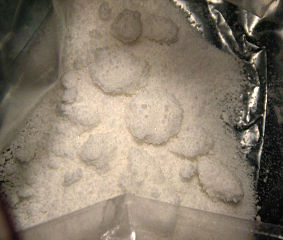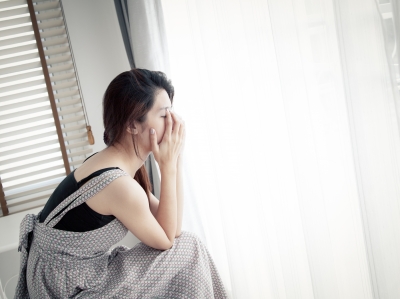When your teenager becomes a drug addict, it is one of the most scary, tragic, overwhelming things that can happen. It breaks your heart into pieces. You feel like you can’t get your head above water. Even when you’re having fun with family or friends, you always sense a dark cloud lingering in the background. Your prayers are desperate, you feel broken, and you feel disconnected from family and friends because they don’t understand the depth of your pain.
It can be scary to talk with your friends and family about your teenager’s addiction. You just never know what kind of reaction you’ll get. Some people are kind, compassionate and understanding. Others try and go back into the past to determine where you went wrong as a parent. When people react this way it’s excruciating and insensitive. Many, many times I’ve worked with families who truly did everything right. There are no parents who are perfect, but these families were wholesome, loving, fair and genuine. Despite this, their teenager still got into drugs. It’s not necessarily a product of the family system, and it’s very painful that family and friends don’t always realize that.
The other thing that parents have said is really difficult for them when their teens are addicted to drugs is feeling like a burden to their loved ones. What they mean by this is the well-being of their child is always on their mind. Sometimes parents don’t even know where their addicted child is, which is also very scary. These parents don’t feel like they can call their friends or family and lament about the same problem every single day. They have told me they live in a world where their pain is central to their existence, but they’re alone in their hell. They worry that discussing their heavy heart everyday becomes a drag to those around them.
It’s important for parents of addicted children to get support from people who truly understand how intense the battle against addiction is for both the addict and the addict’s family. A good place to get this support is Alanon, Celerate Recovery, CODA, or some other support group type of environment where it’s okay to voice how much it hurts. There will be others around who feel the same way. There will be some who have learned how to live with this and even carry on with their life. There will be people there who can really understand your fear and helplessness. There will be people there to gently point out ways you might be enabling your teen’s addiction, and then to support you as you try to stop.
Most of you who have an addicted teenager also have other kids. You have to continue being a parent to the children who are healthy and try to make things as normal as possible for them. You have to help them through their own pain they experience because they have an addict sibling. Somehow you’re supposed to do this while fighting through it yourself.
Addiction rocks families. It’s not just a problem for the addict. For parents it is terrifying. A child’s addiction has destroyed family finances, marriages, hopes and dreams. Putting people around you who really understand this, and who don’t blame you, is critical.
Helping teens grow and families improve connection,
Lauren Goodman, MS, MFT




